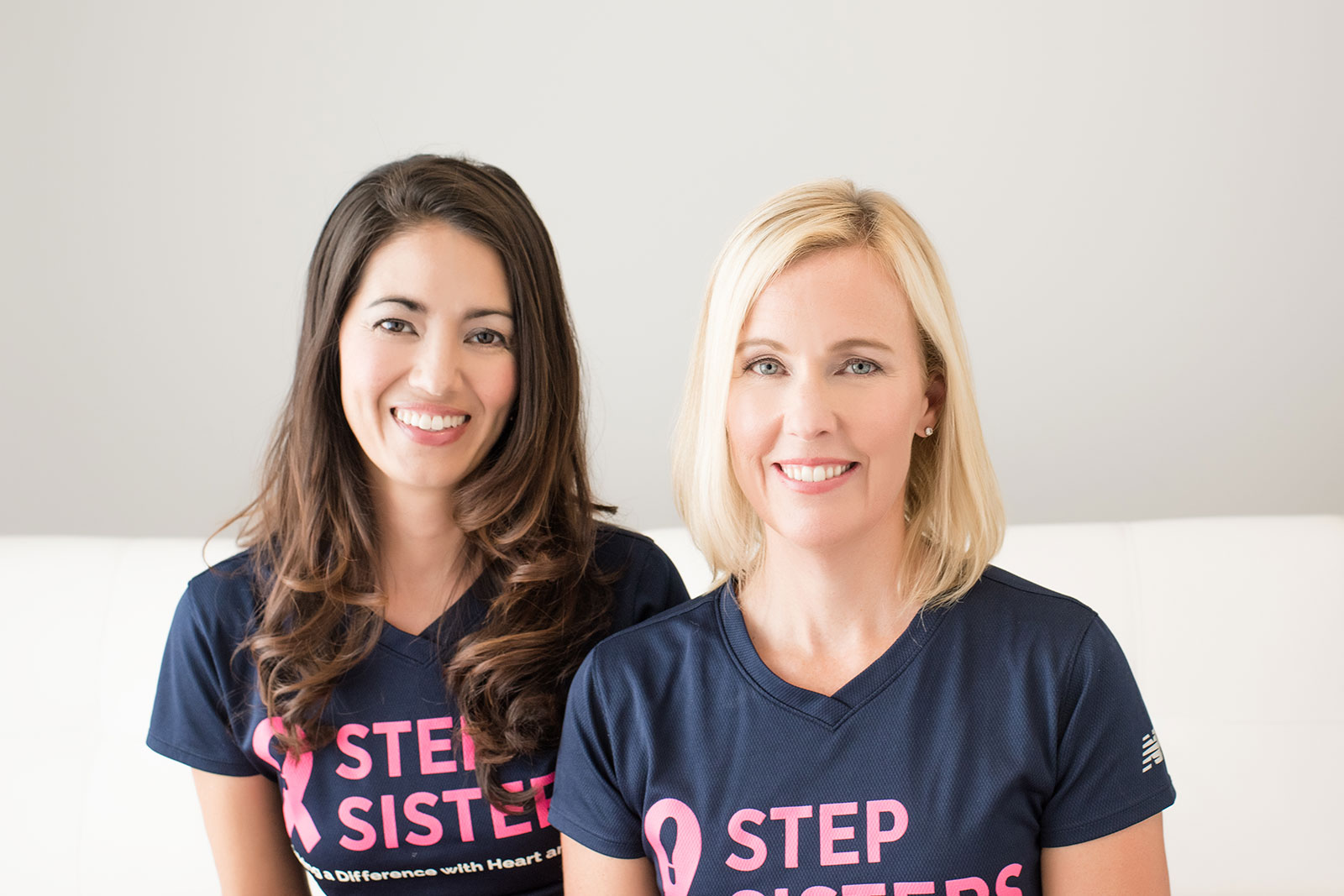“Just let me know what I can do.” Those eight simple words probably mean well, but aren’t particularly helpful, are they? After telling your friends, co-workers and family that you are facing a cancer diagnosis, this may have been their first response.
You want me to let you know what you can do? I’m scared and my head is spinning with a million different questions and just as many worries—I don’t even know what I need right now.
Direct patient support is an important but often overlooked part of treatment. Loved ones might encourage you to fight, not realizing the need to get in the trenches and fight alongside you. Jumping in with assistance has multiple benefits, after all; having someone else handle one or two of those day-to-day tasks allows you to focus on treatment and recovery, reducing stress. And it sometimes helps just to know that someone is there.
As a breast cancer nonprofit, we understand the importance of patient support. Originally, our mission—like many cancer nonprofits—revolved around funding research towards a cure. That effort is undoubtedly vital. But we realized that so many of the larger charities were already focused exclusively on this. And, as we raised money, we continued to see friends, neighbors and family members receive diagnoses and then struggle through treatment and beyond. At that point, we knew we needed to turn those fundraising efforts toward helping those in our area battling breast cancer right now. After all, isn’t patient support just another way to fight cancer? While it is vital to put an end to cancer, what efforts can we lend to those who are undergoing treatment right now?
Seven years ago, our organization pivoted to focus exclusively on patient support for breast cancer patients in our region of northern Virginia. It wasn’t hard to do. So many in our group were either survivors or close family members of survivors. We knew exactly how to do it, remembering those that brought food, watched our kids or drove us to the doctor during our own difficult times. It wasn’t a case of “Let me know what we can do.” We already knew.
Our name? The Step Sisters. We step in to help, just as a sister would without having to ask what’s needed.
Working to fund support services that had meant so much in our own experiences, we partnered with local companies (taxi services, childcare facilities, house cleaners, etc. ) as well as area hospitals to ensure that if a patient needed support in a particular area, she got it. We started small to ensure that the quality of support provided never suffered. As we grew, we added services, including a “Crisis Fund,” which helps pay the rent and keep the lights on for patients with financial troubles. As you can imagine, in our current environment, this fund has been in high demand.
We knew that our services helped a patient emotionally and, in some cases, financially. Having one less thing to worry about carries positive effects, and the feedback we received showed that recipients of our services were often happy just to know that someone cared. But our services were also working to keep patients in treatment. If a patient could not make it to her appointment just because she didn’t have a babysitter or a ride to the hospital, she would have to alter her treatment plans—never a good thing. We’ve therefore made it our goal that no patient should have to stop or delay treatment just because of her personal situation.
If you are currently facing cancer, you may have already heard the phrase “Let me know what I can do” from someone close to you. When you get to the point where you are ready, tell them. “Walk my dog.” “Pick up the kids from school.” Even during a pandemic, friends and loved ones can still help out; perhaps they can attend a telemedicine call with you or pick up your grocery order. Or they can check in from time to time and just listen. Most likely, they really want to help, but feel awkward and have no idea what to say or do.
And although it may be hard to imagine now, once you are through treatment and ready, you then will be in a position to best help someone else just starting out.
The Step Sisters work to improve the quality of life for those impacted by breast cancer. Partnering with seven local hospitals and medical centers, the group funds nine support services that directly benefit patients across four counties in Northern Virginia.
For more information about the Step Sisters, please visit www.stepsisters.org.







